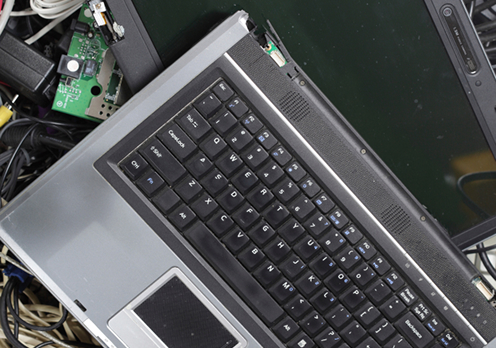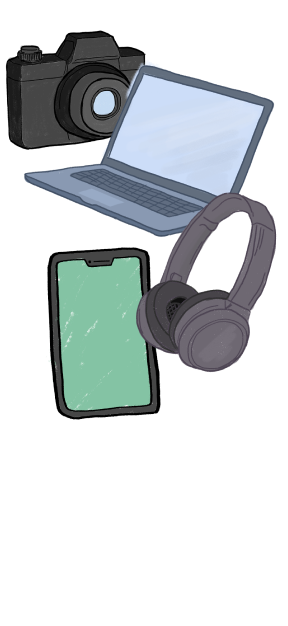E-waste is the fastest-growing component of the municipal solid waste stream.
Millions of electronic devices like televisions, computers and mobile phones are discarded in Australia every year.
The Global E-Waste Monitor 2024 reported that the annual generation of e-waste is rising by 2.6 million tonnes annually, on track to reach 82 million tonnes by 2030, a further 33% increase from the 2022 figure of 62 million tonnes (Mt).

